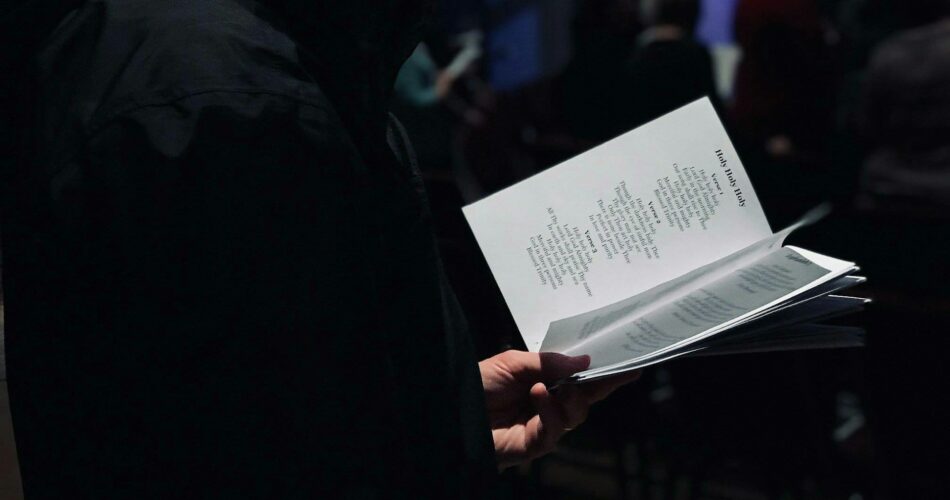The Senate is facing intense pressure.
A diverse coalition of more than 100 advocates and organizations is urging Congress to recognize religious freedom as a fundamental human right. Led by Democratic Senator Chris Coons of Delaware, Senate Resolution 569, a bipartisan initiative, seeks to embed religious freedom into U.S. foreign policy and address global violations. A letter signed by prominent groups, including ADF International, emphasizes the urgency of passing the resolution in light of increasing threats to religious freedom worldwide.
Introduced recently, Senate Resolution 569 aims to elevate religious freedom as a core human right and a key component of U.S. foreign policy. Sponsored by Senators Coons, James Lankford (R-Okla.), Tim Kaine (D-Va.), and Thom Tillis (R-N.C.), the resolution proposes diplomatic and sanctions measures to hold perpetrators of religious freedom violations accountable. It calls for prioritizing religious freedom in foreign policy agendas and supporting leaders and activists dedicated to protecting religious liberties globally.
The advocates stress the significance of the resolution’s policy recommendations, which include working with international partners to promote religious freedom and expanding support for individuals and communities facing persecution. Sean Nelson, Legal Counsel for Global Religious Freedom at ADF International, acknowledges the importance of Congressional action in addressing widespread violations against religious communities. He emphasizes the potential of U.S. influence to effect positive change on a global scale.
The resolution specifically addresses religious freedom abuses in various countries, such as Nigeria, India, Pakistan, Nicaragua, Iran, and Russia. It condemns Nigeria’s enforcement of blasphemy laws and violence against Christian communities, as well as religiously discriminatory policies in India. The resolution also highlights government targeting of religious leaders in Nicaragua, challenges faced by religious minorities in Pakistan, and the misuse of anti-terrorism laws to persecute religious minorities in Russia.
Nelson underscores the need to protect individuals from persecution based on their faith and expresses hope for a future where everyone can freely practice their religion. The passage of Senate Resolution 569 would signal a commitment to upholding religious freedom as a universal human right and provide a framework for addressing global threats to religious liberty.
